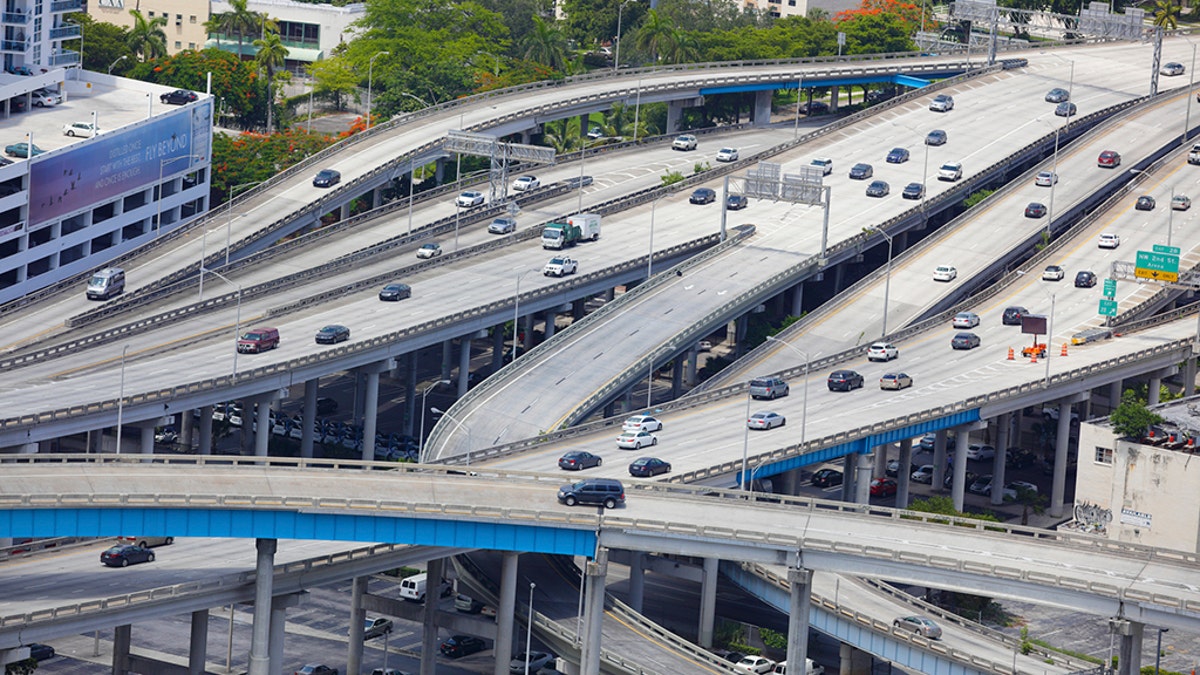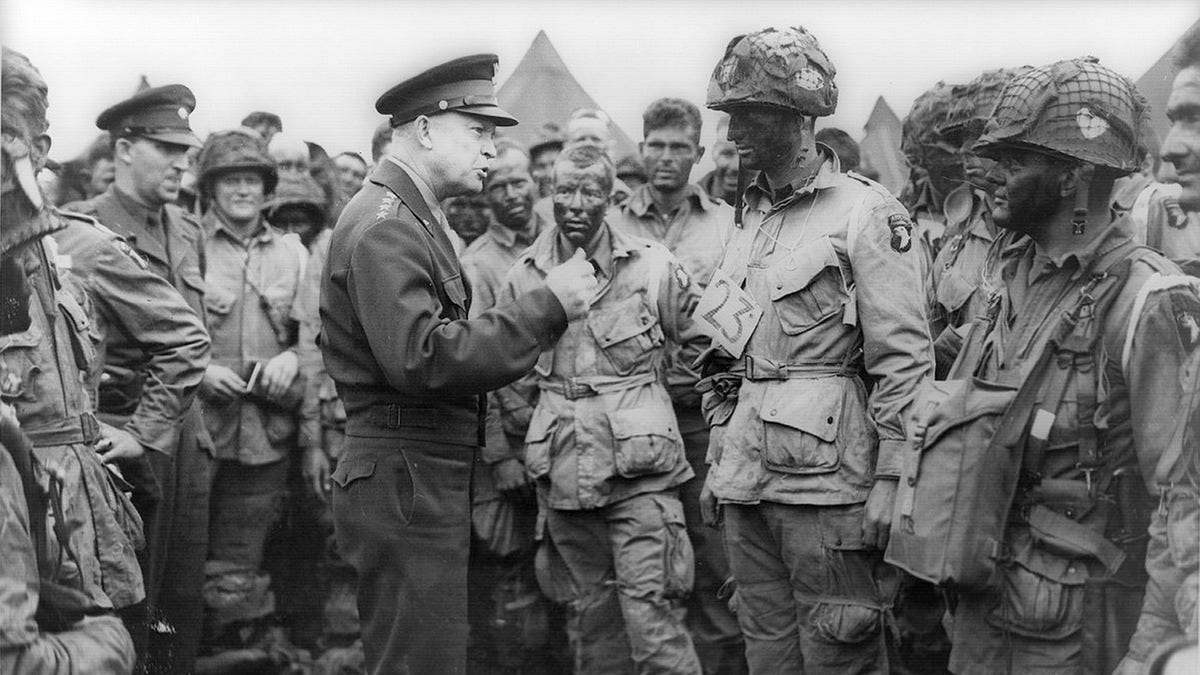Hosts of "The Five" criticized Transportation Secretary Pete Buttigieg Tuesday for comments about the infrastructure bill addressing racism in highways.
"I’m still surprised that some people were surprised when I pointed to the fact that if a highway was built for the purpose of dividing a White and a Black neighborhood, or if an underpass was constructed such that a bus carrying mostly black and Puerto Rican kids to a beach, or that would have been in New York, was designed too low for it to pass by, that that obviously reflects racism that went into those design choices," Buttigieg said during a White House press briefing Monday.
"If you make infrastructure social welfare, what you're going to get is nothing," said "The Five" host Geraldo Rivera. "At the end of the line, you're going to have that money squandered."
He noted that Eisenhower's interstate system was the "grandest, greatest public works project since the Erie Canal," opening up America for everyone, regardless of race.
In New York, Democrats including Rep. Ritchie Torres recently lamented the Cross-Bronx Expressway – a segment of I-95 built by urban planner Robert Moses, as "literally and metaphorically a structure of racism."

Interstate 95 is shown in Miami, Florida (iStock)
Decades ago, similar outcry successfully stopped another Moses project in the Bronx, The Arthur Sheridan Expressway.
For many years, other government agencies such as the Appalachian Regional Commission have sought to build highway infrastructure to benefit interstate-lacking communities in states stretching from Alabama to Pennsylvania.
One of its projects, the Coalfields Expressway, will cut through mountainous areas where currently windy and narrow roadways are relied on to shuttle both people and materials like coal and lumber through West Virginia, Virginia and Kentucky.

Allied forces Supreme Commander General Dwight D. Eisenhower speaks with U.S. Army paratroopers of Easy Company, 502nd Parachute Infantry Regiment (Strike) of the 101st Airborne Division, at Greenham Common Airfield in England June 5, 1944 in this handout photo provided by the US National Archives. Picture taken June 5, 1944. REUTERS/US National Archives/Handout via Reuters.
On "The Five," host Jesse Watters added that the criticisms of interstate and arterial building are more based on class than race.
"Class was a much bigger factor," he said. "Poor White and Black neighborhoods were carved up by this highway system because it’s much easier to seize a poor neighborhood through eminent domain."
"You put the artery into the downtown shopping district and the artery out to the suburbs for the commuters and that’s how it’s done. They went into German, Italian, Jewish neighborhoods -- all White people -- and they just carved them out."
"Just because we need to fix a part of the system doesn’t mean the system was racist, it just means it was designed by idiots," Watters continued.
CLICK HERE TO GET THE FOX NEWS APP
"Most of the problems we have in this country are because of idiots, not because of racists."









































